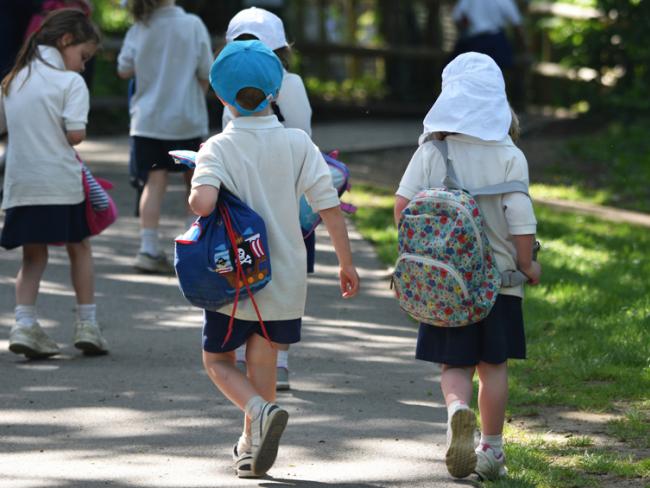To many people it will seem obvious that there is a strong correlation between school attendance and exam attainment – and that school attendance is essential for both personal attainment and a key part of developing the skills we need as a nation.
The exam link is borne out by official figures from 2019 – 68 per cent of all pupils passed their English and Maths GCSEs, but for pupils who were persistently absent – missing 10 per cent or more of their lessons – the figure was only 36 per cent.
Before the coronavirus pandemic, school absences in England averaged around 4.7 per cent. According to Department for Education data, this rose to 7.5 per cent in the academic year 2021/2022.
Persistent absence
But the data is even more worrying when focused on pupils who are persistently absent, especially given the consequences to their futures and to our future as a nation.
The proportion of school pupils who were persistently absent from school rose from 10.5 per cent in 2018-2019 to 22.3 per cent in 2021/2022. This is around 1.6 million children out of a total school population of seven million in England.
The most recent figures on attendance, from September 2022 to March 2023, show no improvement. They suggest that 22.6 per cent of pupils were persistently absent – more than one in five are still missing out on their education.
Much of this is due to the government’s response to the pandemic. It is the inevitable, predictable and predicted result of the catastrophic decision to lockdown the whole of society, including our schools.
Failure of ‘authorities’
All the authority figures – government, health officials, teacher unions – told pupils that it didn’t matter if they didn’t go to school.
Established procedures for quickly contacting parents when children were absent from school went out of the window. Teachers struggled to deliver what they could online and to identify individual needs.
It wasn’t enough. The result: children lost months and months of education; they lost all the opportunities that schools afford for cooperation and development; they lost contact with each other.
The government wrings its hands about a shrinking workforce. It has increased the number and range of jobs designated as shortage occupations. For example, jobs open to overseas workers on Skilled Worker Visas now include bricklayers, joiners, plasterers, and roofers.
Every September hails the start of a new school year, but this year “Pupils Back to School” should be a national priority. Teachers, parents, local authorities must do all they can to make this happen.
The wider lesson is that a culture of being in a place with other people, of working with other people, is vital to society. That is the only way to be educated, the only way to thrive in life and work.
We are social beings, not virtual presences. For schoolchildren and adults alike, working in isolation from home is not the way forward.

